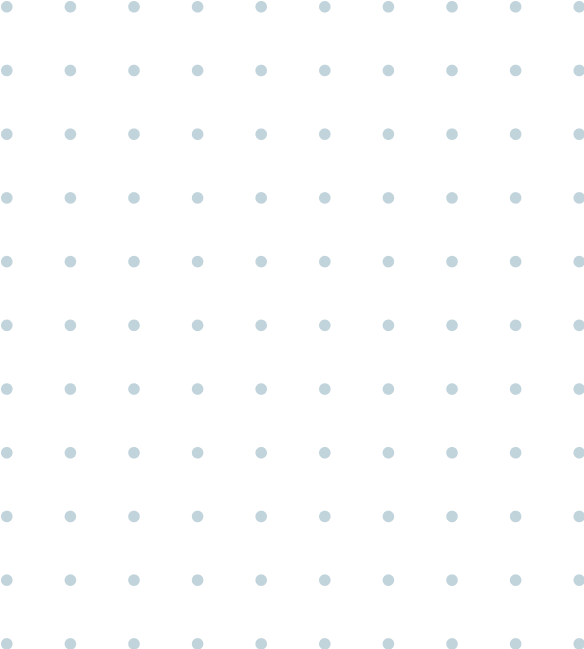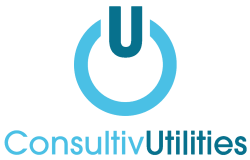
What is the Energy Performance of Buildings Directive (EPBD)?
The Energy Performance of Buildings Directive (EPBD) is a European Union directive aimed at improving the energy efficiency of buildings within member states. Key aspects of the EPBD include:
- Energy Performance Certificates (EPCs): Buildings must have EPCs, which provide information on their energy efficiency and recommendations for improvements.
- Minimum Energy Performance Standards (MEES): Establishes minimum energy performance requirements for new and existing buildings undergoing significant renovation.
- Regular Inspections: Mandates regular inspections of heating, ventilation, and air conditioning (HVAC) systems to ensure they are operating efficiently.
- Nearly Zero-Energy Buildings (NZEB): Requires that all new buildings be nearly zero-energy buildings by a specified date, meaning they should have very high energy performance with most of the energy coming from renewable sources.
- Smart Technologies: Encourages the use of smart technology to improve building energy management, including automation and control systems.
The EPBD aims to reduce energy consumption and greenhouse gas emissions, promote renewable energy use, and ensure buildings contribute to the EU’s overall climate and energy goals.

What are the benefits of EPBD?
- Energy awareness: Promotes awareness of energy consumption and encourages energy-saving measures.
- Cost reduction: Identifying inefficiencies can lead to significant cost savings on energy bills.
- Environmental impact: Helps reduce carbon footprint and supports sustainability goals.
- Legal requirement: For applicable buildings, non-compliance can result in fines and penalties.
By understanding and adhering to the EPBD requirements, businesses can ensure compliance, reduce energy costs, enhance property value, and support broader sustainability initiatives.
